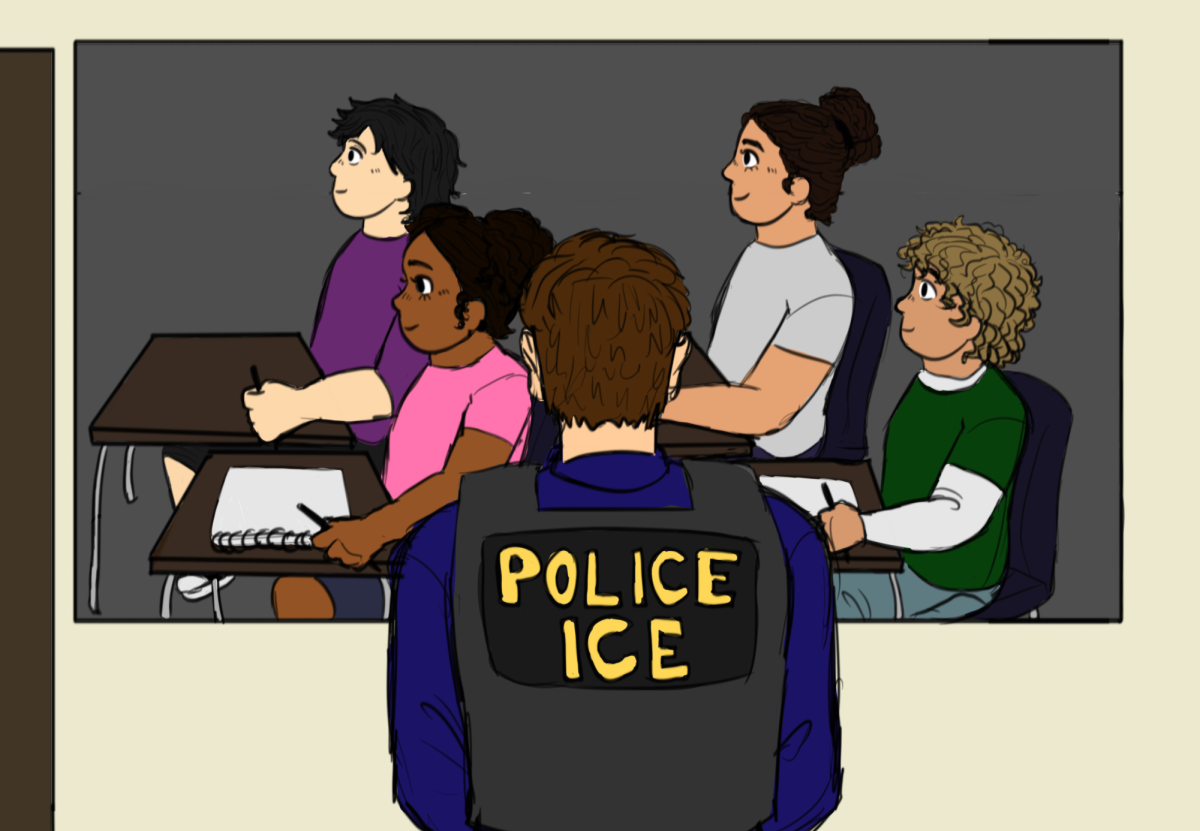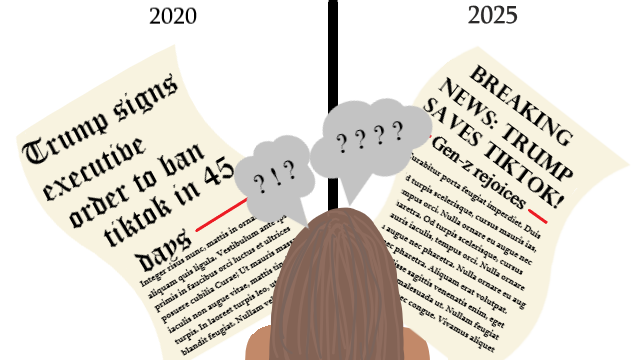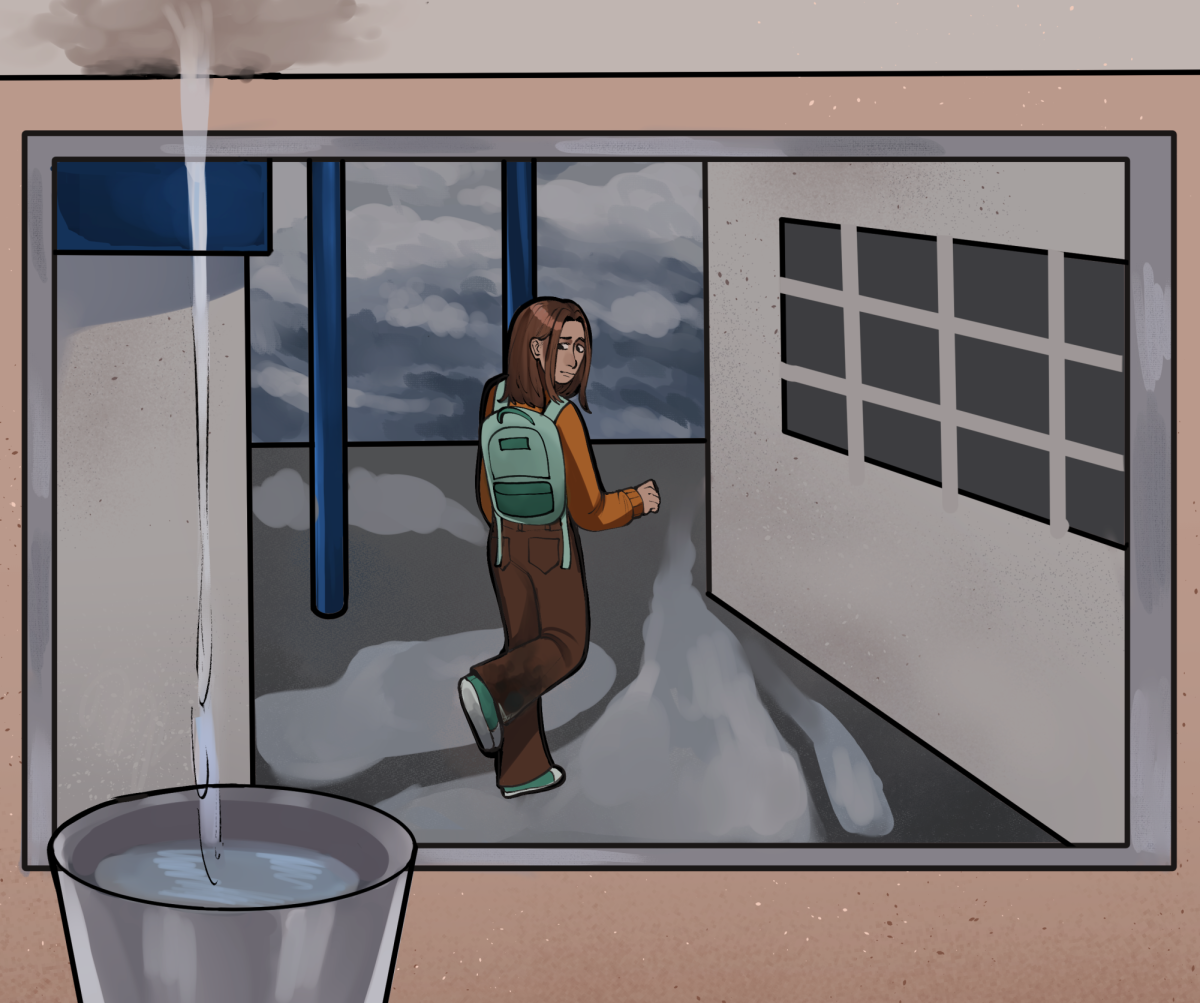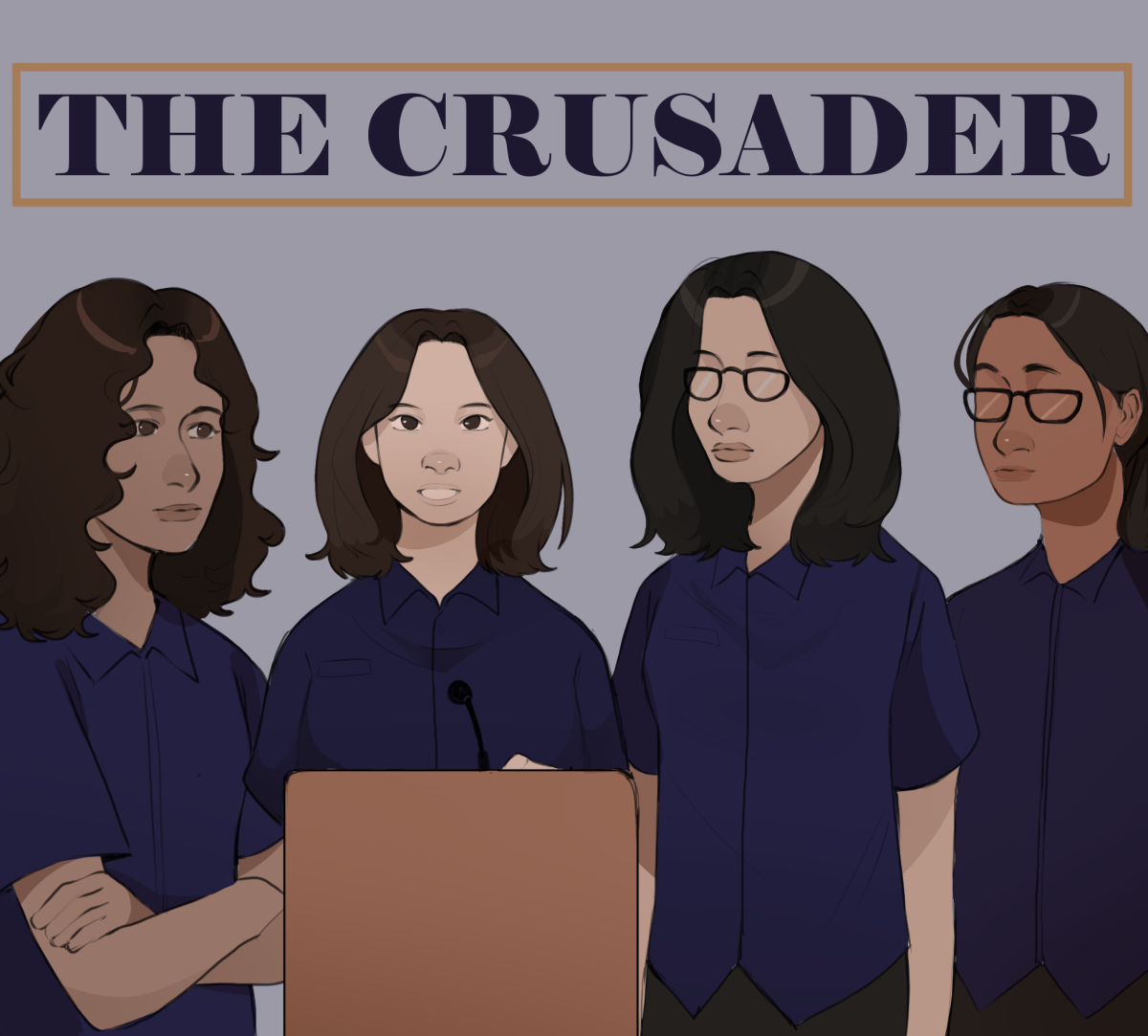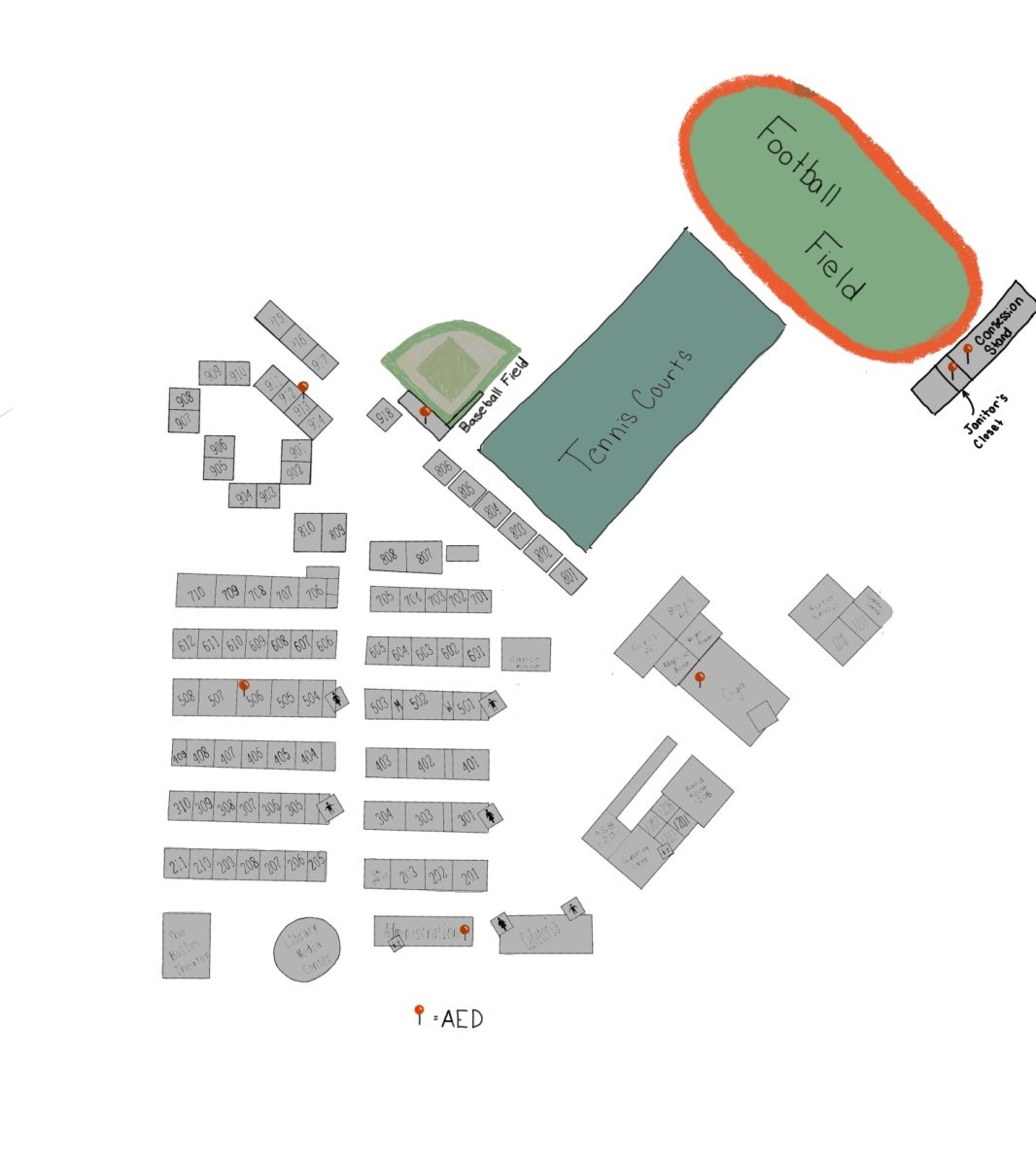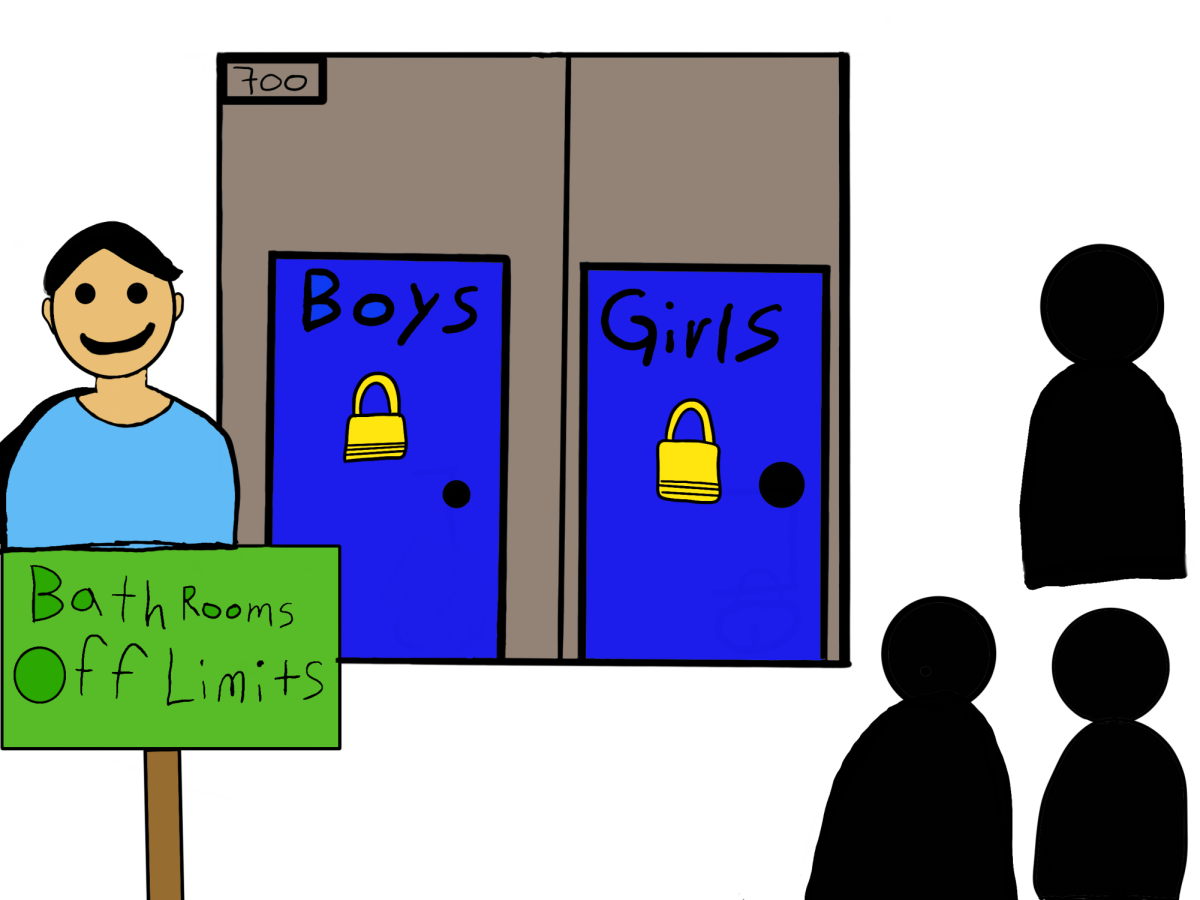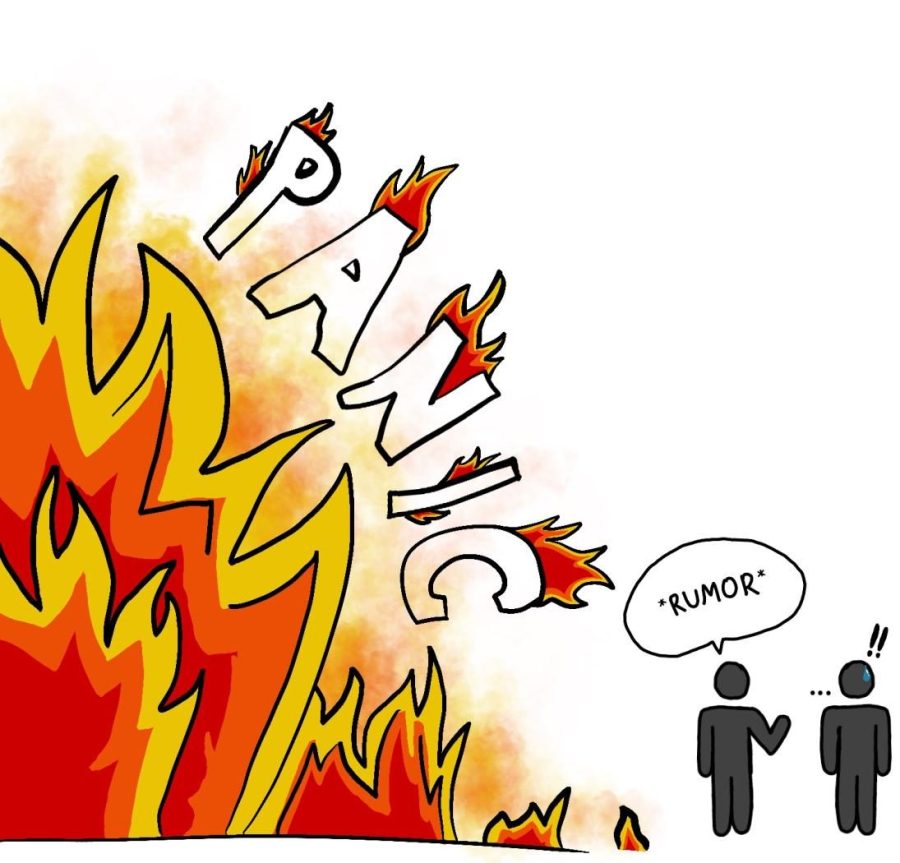On Feb. 16, the Alabama Supreme Court issued a ruling stating that frozen embryos, which are produced during in vitro fertilization (IVF), are considered children. This struck controversial issues and conversations among women and Alabama IVF clinics. Demonstrators have protested at the Alabama State Capitol, expressing their discontentment. If frozen embryos are continued to be ruled as children, any person with a uterus will face negative complications.
This decision stemmed from two lawsuits, involving three sets of parents who underwent the IVF procedure, according to “Warnings of the impact of fertility treatments in Alabama rush in after frozen embryo ruling” by Kim Chandler. They claimed that frozen embryos were dropped on the floor at a fertility clinic, destroying them. The Alabama Constitution that allows “parents to sue over the death of a minor child ‘applies to all unborn children, regardless of their location’,” was cited by the Justices—leading to the ruling.
Consequently, this suppresses countless women residing in Alabama, further restricting women at a larger scale over time in numerous ways. As of now, IVF patients are experiencing this detrimental effect firsthand. As stated in the article “Three Alabama clinics pause IVF services after court rules that embryos are children” by Aria Bendix, IVF clinics have been suspending their services less than a week after the ruling out “as they consider the legal repercussions of the decision”. In other words, out of fear of a lawsuit or charges.
Women such as Abbey Crain—who has been undergoing IVF treatment for two years—have been greatly affected by this decision. In her private meeting with Vice President Kamala Harris at the White House, Crain expressed the anger she felt. “This is literally, literally taking away my freedom to become a parent,” Crain said, according to “VP Harris meets privately with Alabama IVF patient in wake of state court ruling” written by Rachel Scott and Justin Gomez.
Additionally, for cancer patients, IVF is a reliable treatment to have children and build a family. This is explained by the National Institutes of Health that “cancer treatment can significantly impact a woman’s ability to conceive and carry a pregnancy to term”. Meaning, the court’s ruling heavily challenges cancer patients and their right to preserve fertility before initiating their cancer treatment.
Stripping this freedom away not only goes for Crain, but for the rest of the aspiring mothers who underwent or planned on undergoing IVF treatment. Unfortunately, this expands to the 2.5 million women living in Alabama along with the rest of the population of women in the United States, by restricting their rights and privacy.
Moreover, it threatens the availability of reproductive healthcare services. The Alabama Supreme Court ruling supports the anti-abortionist idea that a fetus should have the same constitutional rights as a person, which upholds the overturning of Roe v. Wade—a landmark court decision that protected the right to an abortion. New York University School of Law professor Melissa Murray explains how “any law that applies to a human could then be deployed with regard to fetuses,” in the article “Alabama’s IVF ruling is spotlighting the anti-abortion movement’s long game” written by John Hanna and Geoff Mulvhill.
The overturning of Roe v. Wade places millions of women in a disadvantaged position where some are disproportionately affected based on their location, income and ethnicity. This results in individuals putting their health at risk by forcefully giving birth or participating in unsafe abortion practices. Consequently, increasing the number of maternal deaths, which totaled a number of 1,205 in the United States in 2021 according to Centers for Disease Control and Prevention.
Defining frozen embryos as a “child” is another step for republican states like Alabama to restrict reproductive healthcare services for those with a uterus. Thus, imposing a threat to women’s right to privacy and freedom to decide for themselves.
With clinics suspending and rescheduling their patients’ IVF treatment plans, the hopes of women wanting to have children and the freedom to decide for one’s body are diminishing. It is pressing for state leaders to understand the detrimental impacts women will face when declaring or ruling an issue revolving around women’s reproductive rights.
This ruling is already showing its effects, paving the way for other states to adopt the same definition of frozen embryos—further harming women’s freedom to get an IVF treatment and jeopardizing their right to an abortion. For a country that attempts to uphold liberty and justice for all, society is regressing into a controversial, unsafe and discontent environment for millions of women.



